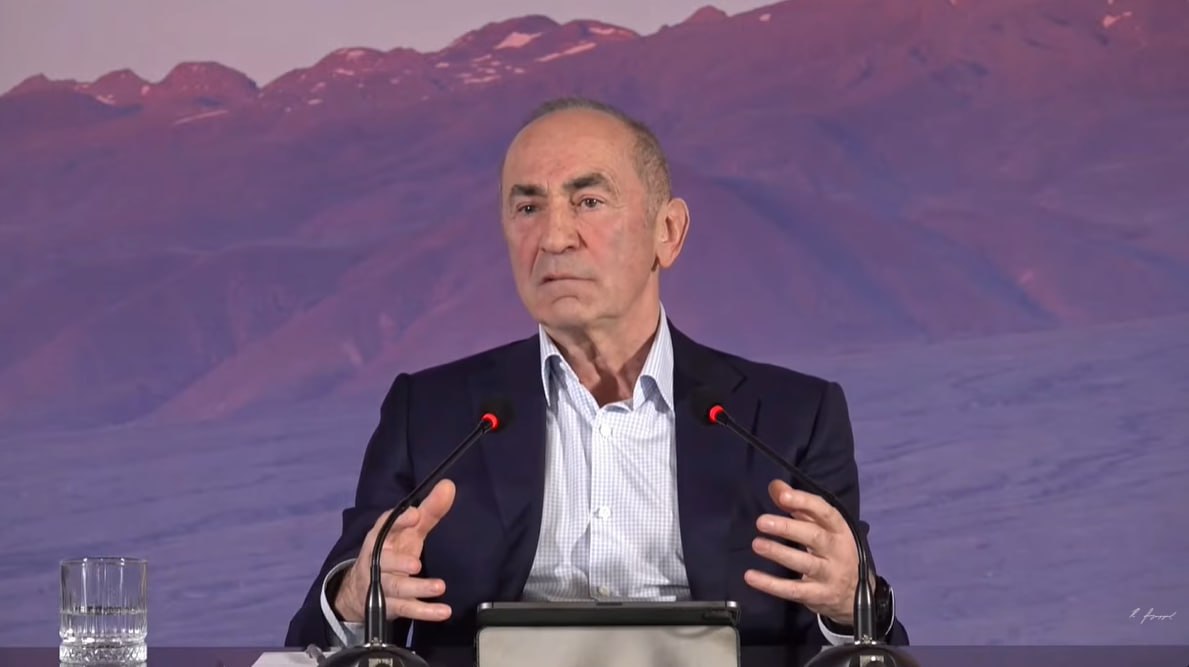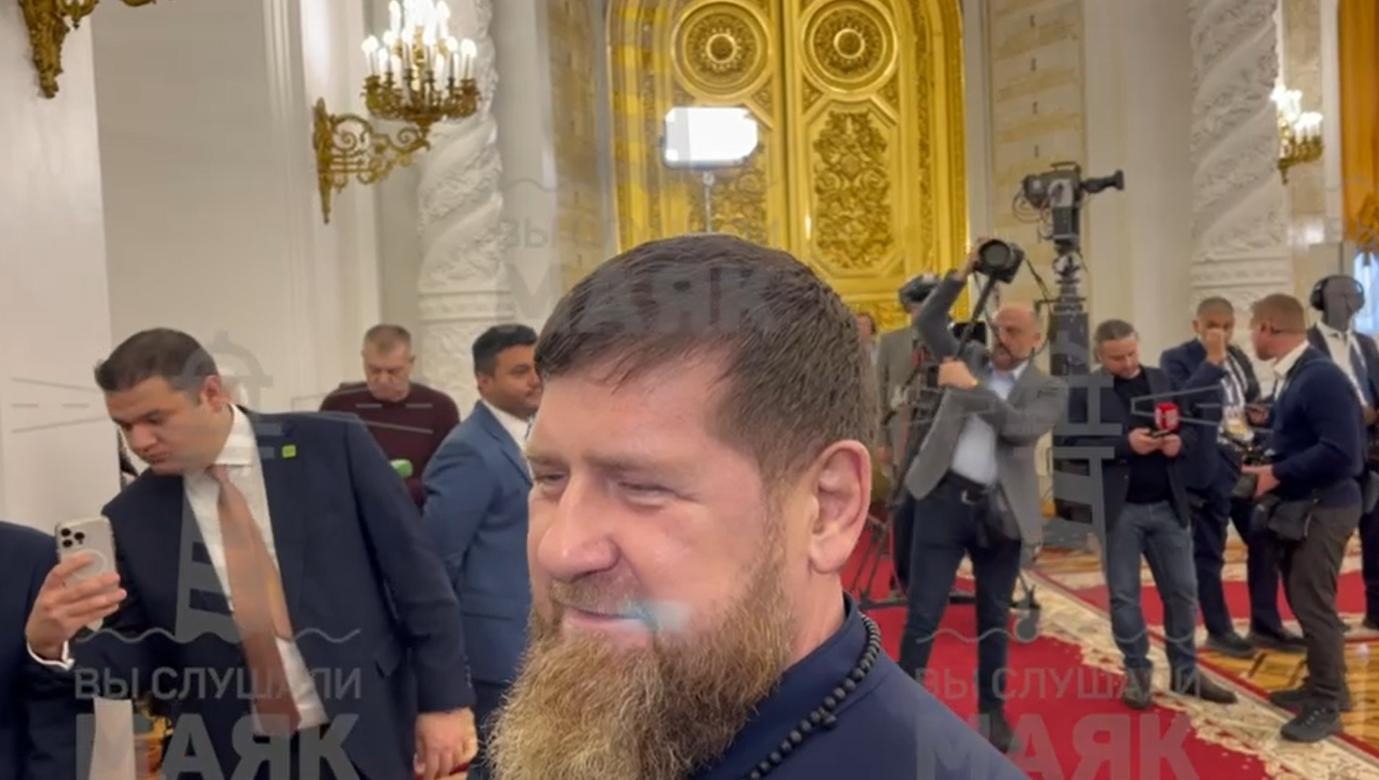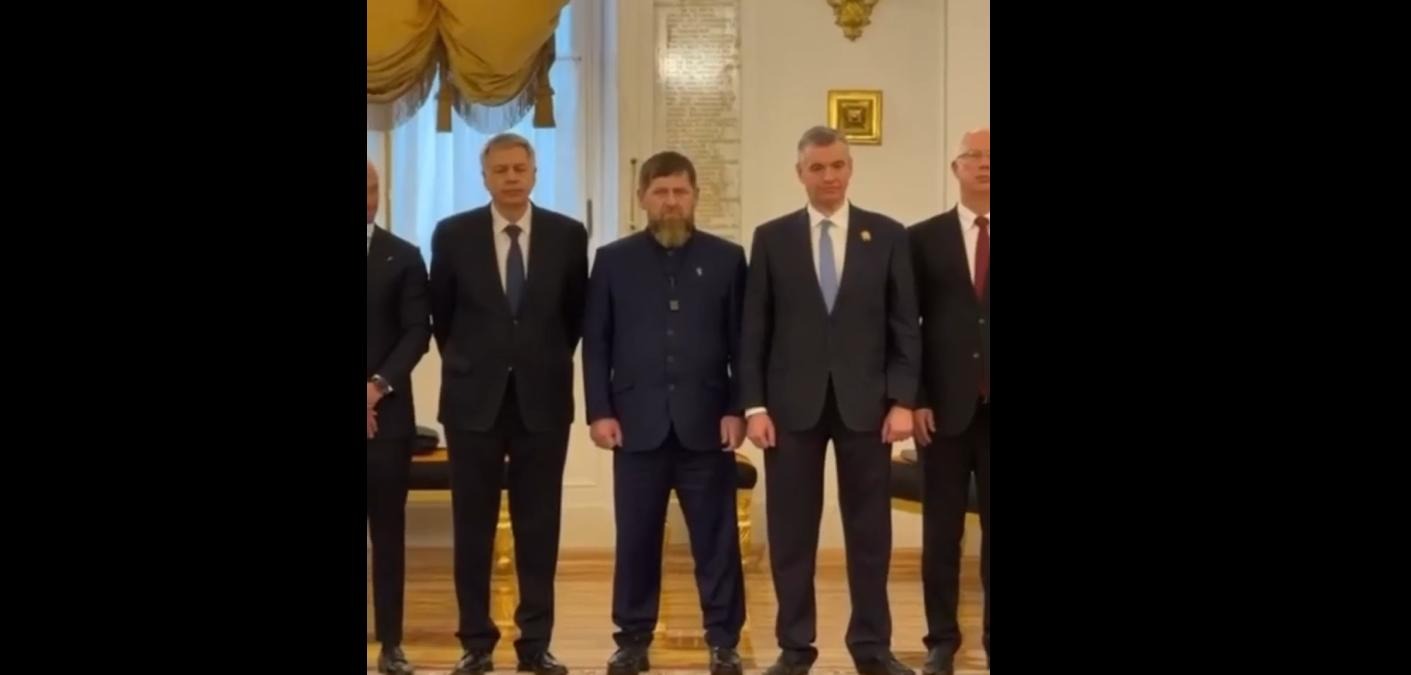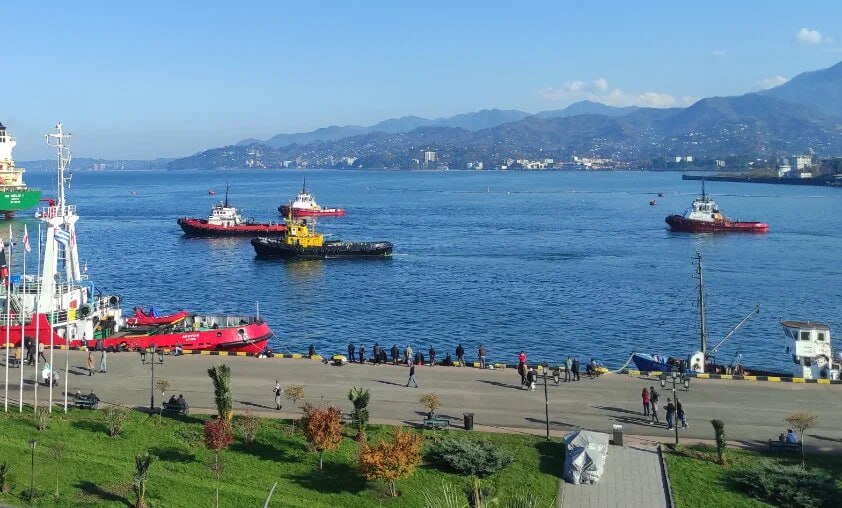Former Armenian President Robert Kocharyan warned against the current government's flippant attitude toward possible harsh responses from Moscow. He believes the authorities fail to grasp the scale of the potential impact Russia could have, including tariff revisions and export blockages.
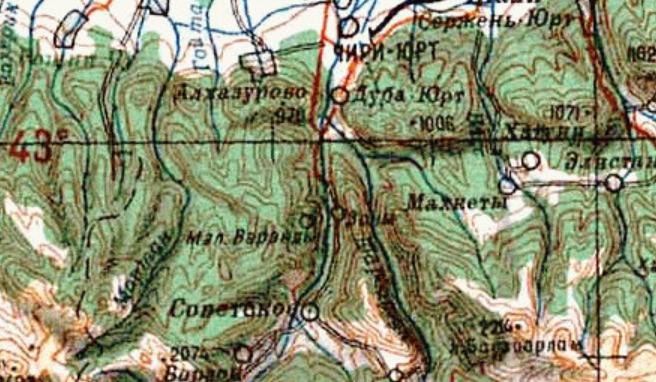
***
At about four o'clock in the village of Alkhazurovo, the Russian military burst in, having demolished the metal gate to the courtyard with an infantry fighting vehicle and smashed the entrance doors to house 64 on A. Sheripova Street. At least eight people entered the room directly (all wearing masks). Without introducing themselves or explaining the reasons for their visit, they demanded passports from the brothers living in the house: Mairbek Movsarovich Shavanov, born in 1976, and Aslambek Movsarovich Shavanov, born in 1977. Both are married and have children. According to relatives and neighbors, they did not participate in hostilities. However, the military beat them and took them away. Demanding to say where they would be taken, the wife of the eldest of the brothers, Zarema, grabbed her husband and did not let go. She was knocked to the floor with two blows from the butt of the machine gun.
Immediately after dawn, relatives began searching for the abducted. It turned out that a significant number of security forces had come for them: they cordoned off an entire block. Local residents spotted at least two KAMAZ, Ural and two UAZ vehicles in the village, one of which belonged to POM. It was there that the people searching for the brothers turned first. But Russian police officers assigned to the region said they knew nothing about the events that took place.
All employees of the district law enforcement agencies also reported their non-involvement in the detention of Mairbek and Aslambek Shavanov. Although the military commandant, Major General Heydar Gadzhiev, did a “friendly” favor by admitting that the brothers were being held on the third floor of the boarding school building, where the Urus-Martan department of the Federal Security Service of the Russian Federation for the Chechen Republic was located. The same was confirmed by the intermediary whom the relatives contacted. But, contrary to the requirements of criminal procedural legislation, no one made an official statement about what the detained people were suspected of and where they were being kept. For many weeks, the relatives of Mairbek and Aslambek Shavanykh came to the regional center, trying in vain to learn from the authorities at least something about their future fate. As of the end of 2003, the whereabouts of the brothers had not been established; they disappeared without a trace. Based on the fact of their abduction, the Urus-Martan prosecutor's office opened criminal case No. 25192. The motivation that was used to initiate the case left little hope for maintaining objectivity. Contrary to the testimony of local residents, who directly indicated that Russian security forces were operating in the village that morning, including those directly based within the village, it spoke of “unidentified persons in camouflage uniforms.”
Relatives of the abducted brothers also contacted human rights organizations. In one of the statements, they indicated their characteristics: both of average height with approximately the same weight - about 70 km - with black hair and brown eyes. Mairbek Shavanov is disabled; shortly before his abduction, he underwent spinal surgery in Baku. Aslambek Shavanov's two front teeth were damaged. The application also indicates their passport numbers.
***
At about 5.00–5.30 in the village of Alkhan-Kala, Russian soldiers surrounded the house at the address: A. Sheripova St., 4, and, after first firing, threw grenades into its windows. Those inside, Zulay Maadaevna Damaeva, born in 1967, and her two sons: seven-year-old Apti and six-year-old Shamil, received severe shrapnel wounds. The woman heard the military talking. As they left, one of them said on the radio: “I think we have the wrong house.”
Neighbors and relatives contacted the village commandant's office and demanded that assistance be provided to the affected family. A nurse was assigned to provide first aid and two armed guards. Accompanied by them, Zulay Damaeva and her children were taken to Grozny. But they managed to get to the city only at 11 o’clock. At each checkpoint, the Russian military demanded documents and explanations of where and under what circumstances the injuries were received.
The victims were taken to hospital No. 9. Doctors recorded extensive combined shrapnel wounds in all three. According to them, the woman was in an almost hopeless condition. However, she and her children, fortunately, managed to survive.
When the Damayevs were admitted to the hospital, there were employees of the French humanitarian organization Doctors of the World there, providing medical institutions in Grozny with medicines. It is known that employees of the prosecutor’s office went to Alkhan-Kala. After examining the scene of the incident, they opened a criminal case.
As of the end of December 2007, the Damaevs no longer lived at the above address, since the house fell into disrepair during the shelling.
***
After the sudden cordon of the village of Goyty, a “cleansing” began there. In groups, under the cover of armored vehicles, the Russian military dispersed through the streets and began checking people’s passports. They conducted searches in some houses. At the same time, the requirements of the Criminal Procedure Code of the Russian Federation were grossly violated: the military did not introduce themselves, did not present a warrant to conduct a search, during which no witnesses were present, and upon completion a protocol was not drawn up.
Under various pretexts, six local residents were detained and taken to the VOVD of the Urus-Martan district. The “cleansing” in Goyty ended on the same day. On September 25 and 26, their relatives gathered in front of the building of the former boarding school, where Russian police officers and military commandant’s office employees sent to the region were stationed, awaiting the release of the detained Goitin residents.
From the book “People Live Here”, Usam Baysaev, Dmitry Grushkin, 2006.
